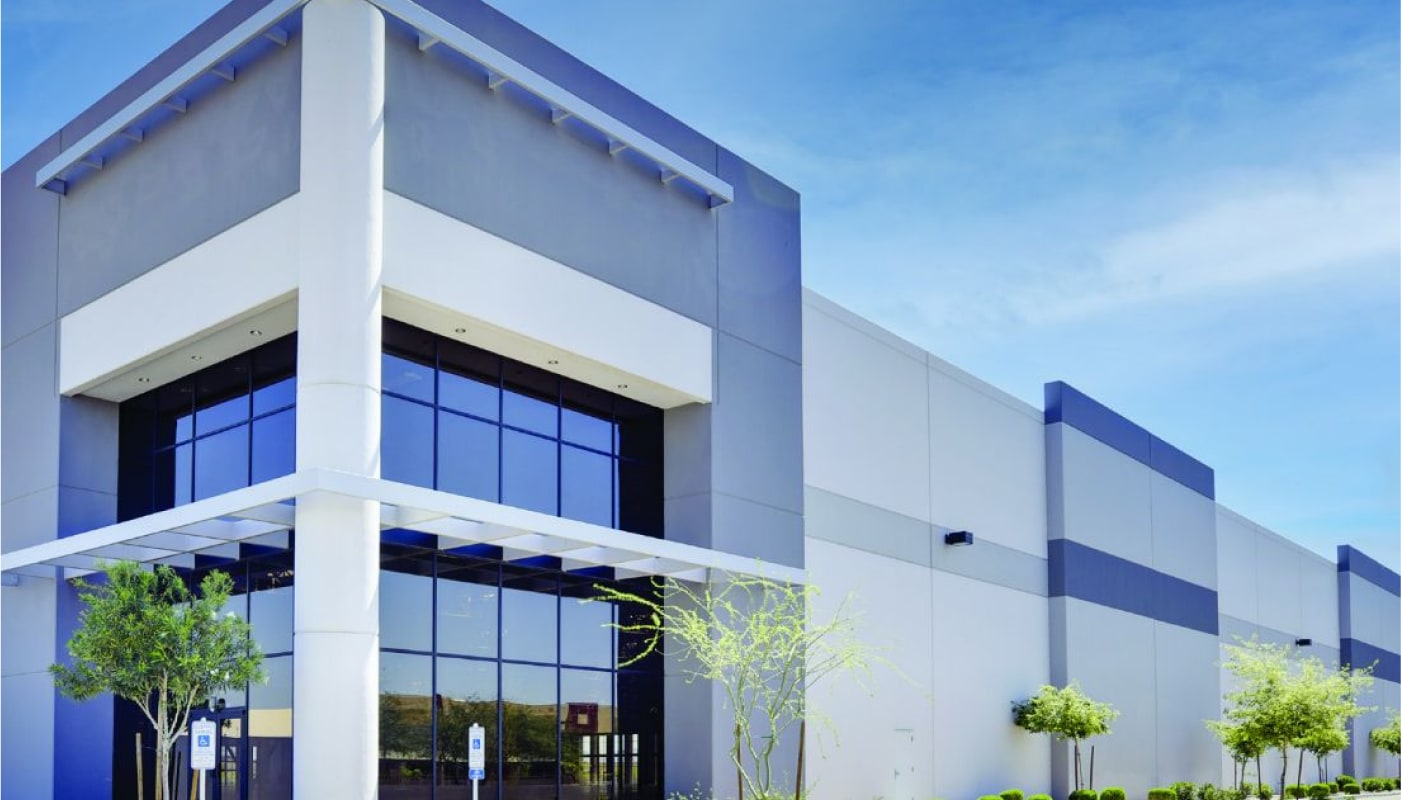| Date | Form | Description | XBRL | Pages |
|---|---|---|---|---|
| 11/12/24 | 10-Q | Form 10-Q: Quarterly report pursuant to Section 13 or 15(d) |
|
71 |
| 08/09/24 | 10-Q | Form 10-Q: Quarterly report pursuant to Section 13 or 15(d) |
|
87 |
| 05/10/24 | 10-Q | Form 10-Q: Quarterly report pursuant to Section 13 or 15(d) |
|
59 |
| 11/08/23 | 10-Q | Form 10-Q: Quarterly report pursuant to Section 13 or 15(d) |
|
71 |
| 08/09/23 | 10-Q | Form 10-Q: Quarterly report pursuant to Section 13 or 15(d) |
|
69 |
| 05/10/23 | 10-Q | Form 10-Q: Quarterly report pursuant to Section 13 or 15(d) |
|
64 |
| 11/09/22 | 10-Q | Form 10-Q: Quarterly report pursuant to Section 13 or 15(d) |
|
68 |
| 08/09/22 | 10-Q | Form 10-Q: Quarterly report pursuant to Section 13 or 15(d) |
|
64 |
| 05/10/22 | 10-Q | Form 10-Q: Quarterly report pursuant to Section 13 or 15(d) |
|
75 |
| 11/15/21 | 10-Q | Form 10-Q: Quarterly report pursuant to Section 13 or 15(d) |
|
80 |
